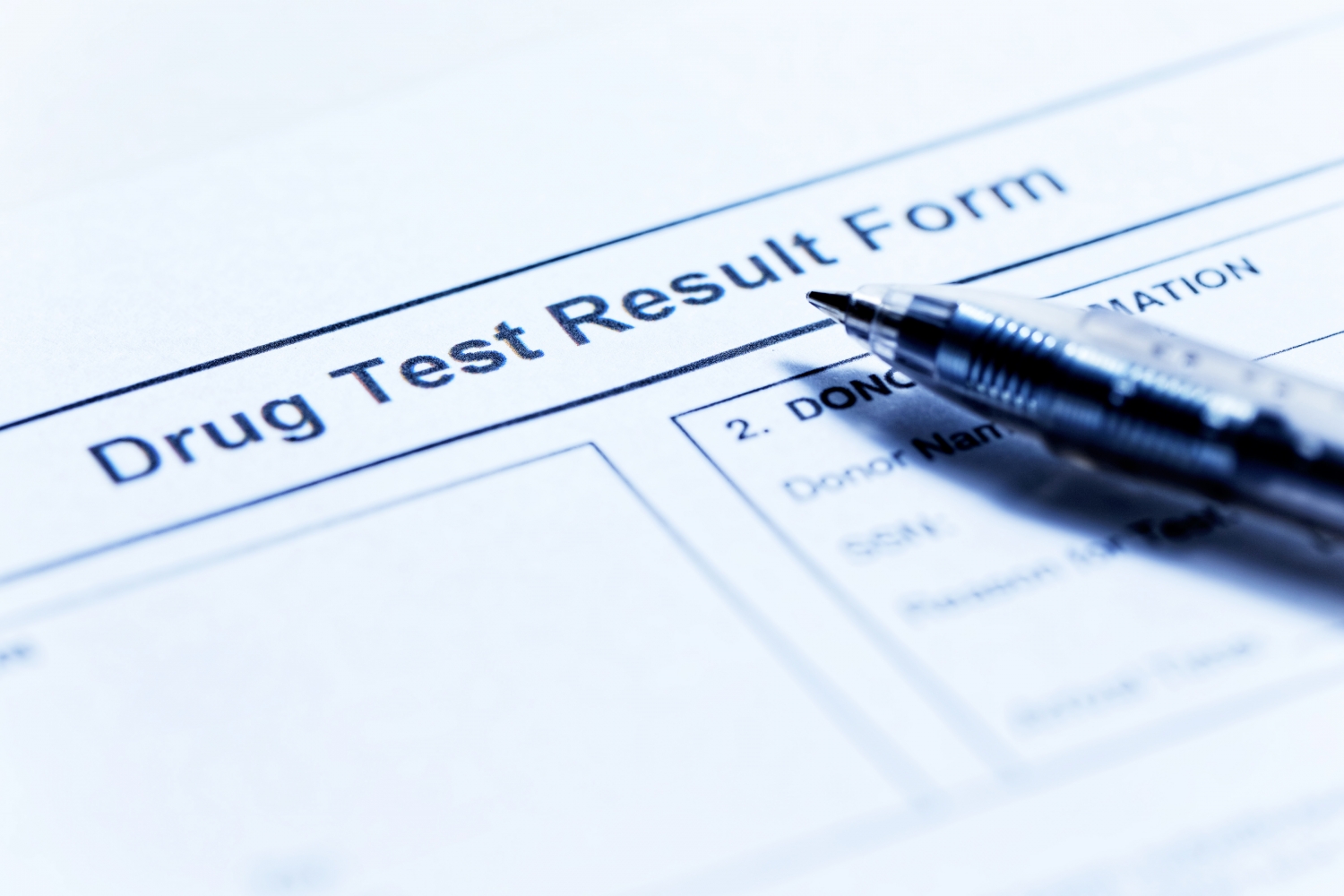DOT-mandated, safety-sensitive employees must keep safety as a top priority. These critical workers operate many forms of transportation: buses, trains, trucks, planes, and more. If these employees were to be impaired while operating a vehicle, they put themselves, coworkers, and the general public in danger. As a result, there are strict DOT drug testing rules set in place to prevent these instances. The DOT enacted regulations requiring random alcohol and drug testing. It is up to the employer to enforce these drug policies for the safety of their organization and the general public.
DOT Drug Testing Rules Must be Followed
What happens if an employer fails to comply with DOT drug testing rules? For those in the trucking industry, FMCSA assesses and administers penalties. Additionally, the U.S. District Court can seek criminal penalties under some circumstances.
Each case is judged on an individual basis, depending on the circumstances, extent, and gravity of the violation. Employees can be waived from ever obtaining a commercial driver’s license again. Depending on the state, this can extend to obtaining a license for farming vehicles, firefighter vehicles, emergency response vehicles, R.V.s, some personal vehicles, and snowplow and removal vehicles. These restrictions can prevent the employee from having a job that requires them to drive. See each state’s consequences here.
When are Employees Tested?
Safety-mandated DOT employees are given drug and/or alcohol tests in the following instances:
- Pre-employment (for controlled substances only)
- Under reasonable suspicion
- Post-accident (in certain instances)
- Randomly
- Return-to-duty
- Follow up
What Happens After Failing a Drug or Alcohol Test?
There is a set process after an employee fails or refuses to take a drug and/or alcohol test. Before they can return to work, the employee must comply with a return-to-duty process prescribed by a DOT-qualified Substance Abuse Professional (SAP).
Employers must provide a SAP list, or referral to a service agent, to their employees. Unfortunately, using a SAP list isn’t as easy as it sounds.
To maintain their DOT qualification, a SAP must continuously keep their certifications up to date. It is often impossible for an employer to vet every SAP on their list for current credentials. Consequently, they may accidentally provide contact information for a SAP that is no longer qualified. If the employee works with an unqualified SAP for their return-to-duty process, all of their work is null and void. They will have to repeat the process.
Partnering with SAP Referral Services
Thankfully assistance is available for employers and employees. Partnering with SAP Referral Services makes finding a DOT qualified SAP easy. We have the resources to connect employees with qualified SAPs in over 3,000 locations across the country. Plus, we guarantee the SAP is DOT-qualified at that time of the employee’s initial contact. Contact us today for more information.
SAP Referral Services (SRS) is the leading facilitator for mandated substance abuse evaluations. SRS maintains an extensive network of qualified providers in more than 3,000 locations nationwide for testing violations that originate from any of the DOT’s modes including FMCSA, FAA, FRA, FTA, USCG and PHMSA, or a company’s internal drug and alcohol testing policy.
